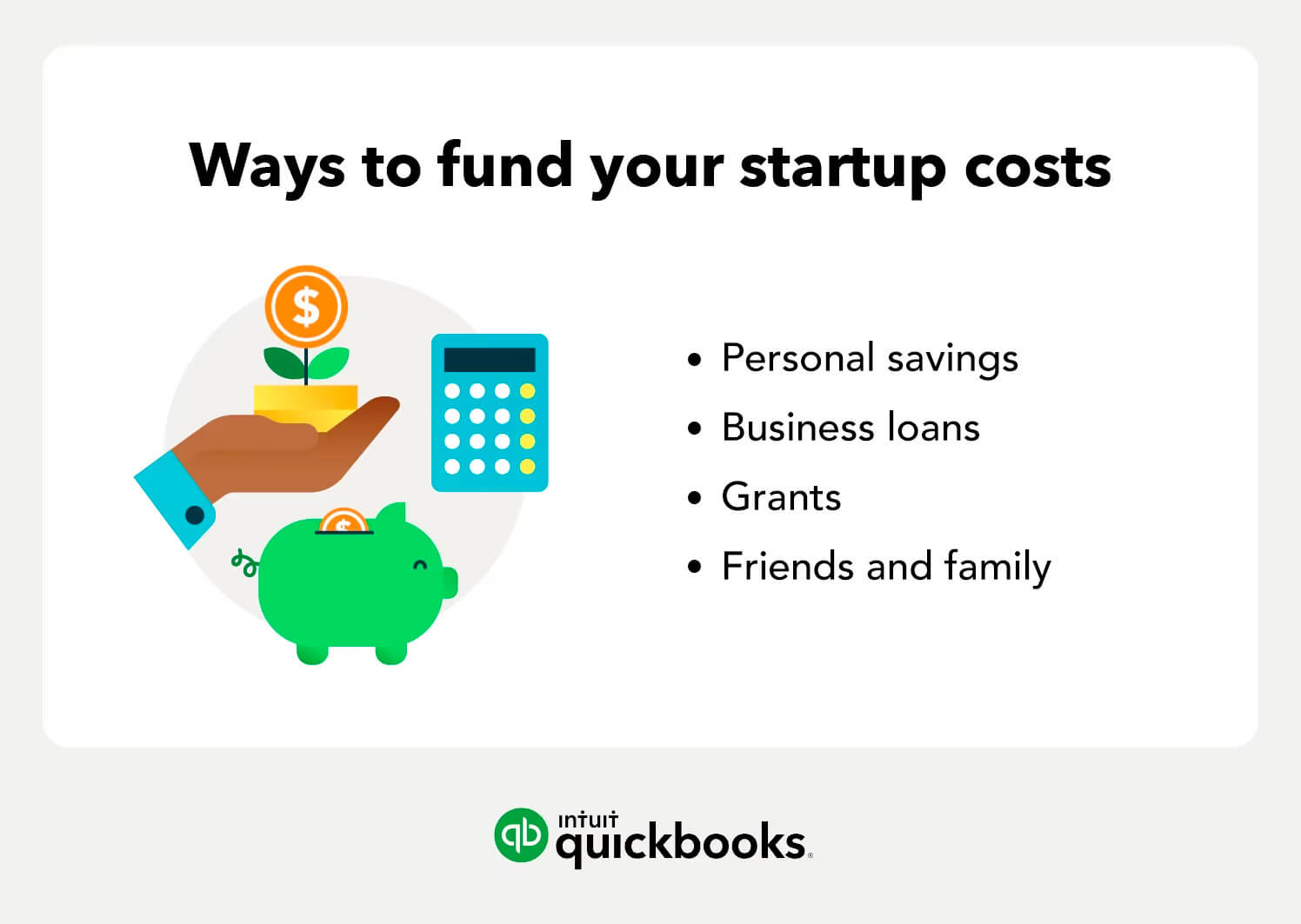Personal savings
One of the best ways to fund your business is with your own capital. Using your savings can seem daunting, but there are some advantages to consider:
- You own your business outright
- You don’t have to give away ownership
- You eliminate the hassle of acquiring debt
- There’s no need to bring in additional partners
Business loans
It can be difficult to get a small business loan if you’re just starting out. But check with your bank on your options. You will need a lot of documentation and a detailed business plan. It's also important to carefully read the repayment policy of the loan before applying for it and include that in your financial projections. Learn more about small business loans.
Grants
Depending on your location, you may be eligible for grants, either from the government or private organisations. The business.gov.au Grants and Programs finder is a great place to start when looking for grants you may be eligible for.
Have a look at our guide, highlighting some of the small business grants available to businesses from both Commonwealth and State governments.
Friends and family
Funding a business from friends and family is a common source of finance to help you get your business off the ground. After all, who has more faith in you and your abilities? But be wary of relying on handshake deals and verbal agreements, or you may risk strained relationships if things go badly.
Treat it like any business deal. Make sure you know the terms and conditions. Is the money a gift you don’t have to repay? Is it a loan? If so, what is the time frame for repaying? Is it an investment, and if so, what percentage of the company does your funder own, how much say do they expect to have in operations and how soon are they expecting the investment to pay off?
All of this should be discussed, agreed on and documented, the same way you would with any other lender or investor. If would-be friendly funders aren't willing to engage in that kind of process with you, perhaps it is not a good idea to look to them as a funding source.




















